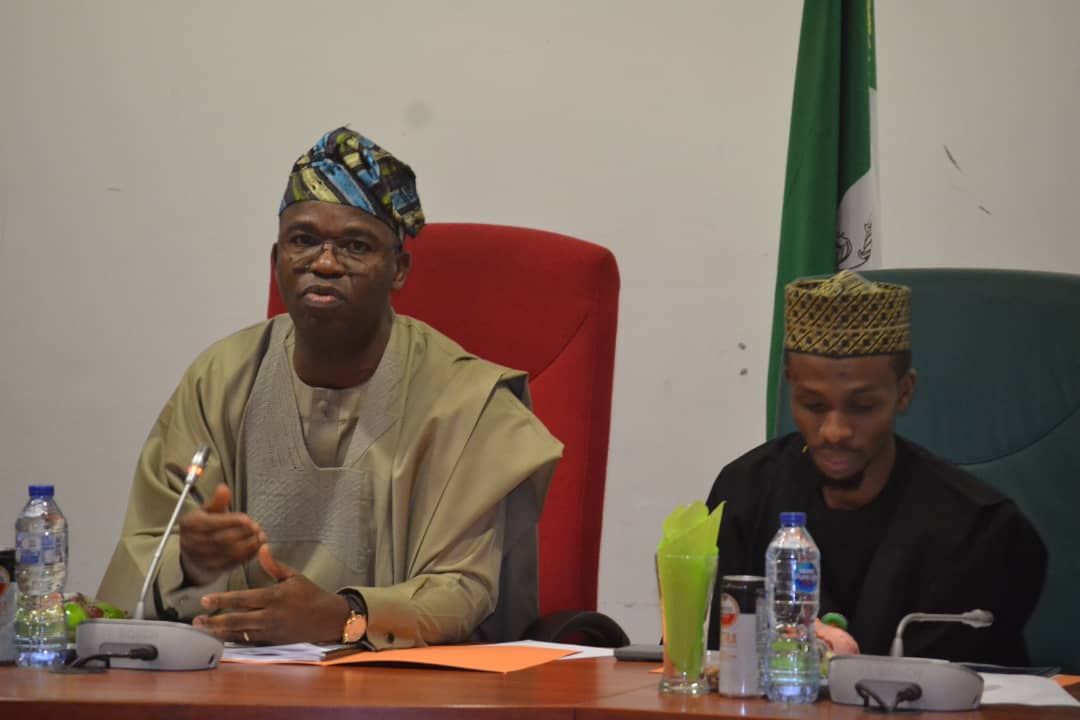By Bilesanmi Abayomi
The Nigerian Senate has mandated the Central Bank of Nigeria (CBN) and its subsidiaries, including the Nigerian Security Printing and Minting PLC, NIRSAL Plc, and NIRSAL Microfinance Bank, to strictly comply with the Central Bank of Nigeria Act 2007 and the Senate Standing Orders 2023 (as amended).
During an interactive session and statutory briefing, jointly held by the Senate Committees on Banking, Insurance, and other Financial Institutions and the House of Representatives Committee on Banking Regulations in Abuja, the Senate emphasized the importance of transparency and adherence to regulatory frameworks.

Senator Mukhail Adetokunbo Abiru, Chairman of the Committee (Lagos East), highlighted the specific compliance obligations outlined in the Central Bank of Nigeria Act 2007. He underscored the necessity for the CBN Governor to appear before the committee semi-annually, providing comprehensive briefings on monetary policy, economic developments, and future prospects.
Senator Abiru also encouraged the CBN to engage more with stakeholders to secure cooperation and understanding, particularly in the proposed recapitalization of banks.
CBN Governor, Mr. Olawale Cardoso, in response, outlined recent monetary policy interventions and their positive impact on the economy. Despite global challenges, including dampened global trade and geopolitical tensions, Cardoso emphasized the audacious reforms undertaken, citing the removal of fuel subsidy, foreign exchange convergence, tax reforms, and positive economic outlook reports from Moody, Fitch, and the World Bank.
The Senate further addressed concerns about the shortage of cash in the system, advocating that at least 5% of money in circulation should be in cash, aligning with global practices.
The meeting concluded with a mutual commitment from both committees and the CBN to collaborate for the betterment of the Nigerian economy and the prosperity of its citizens.


